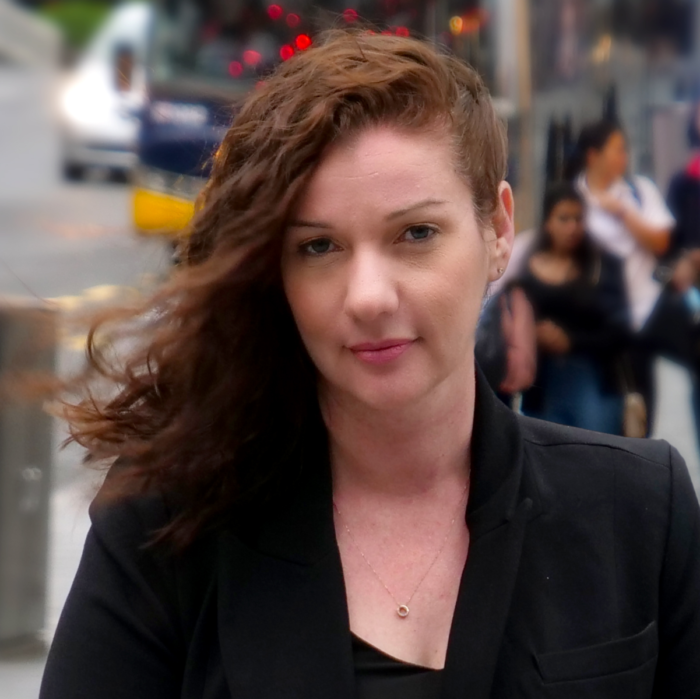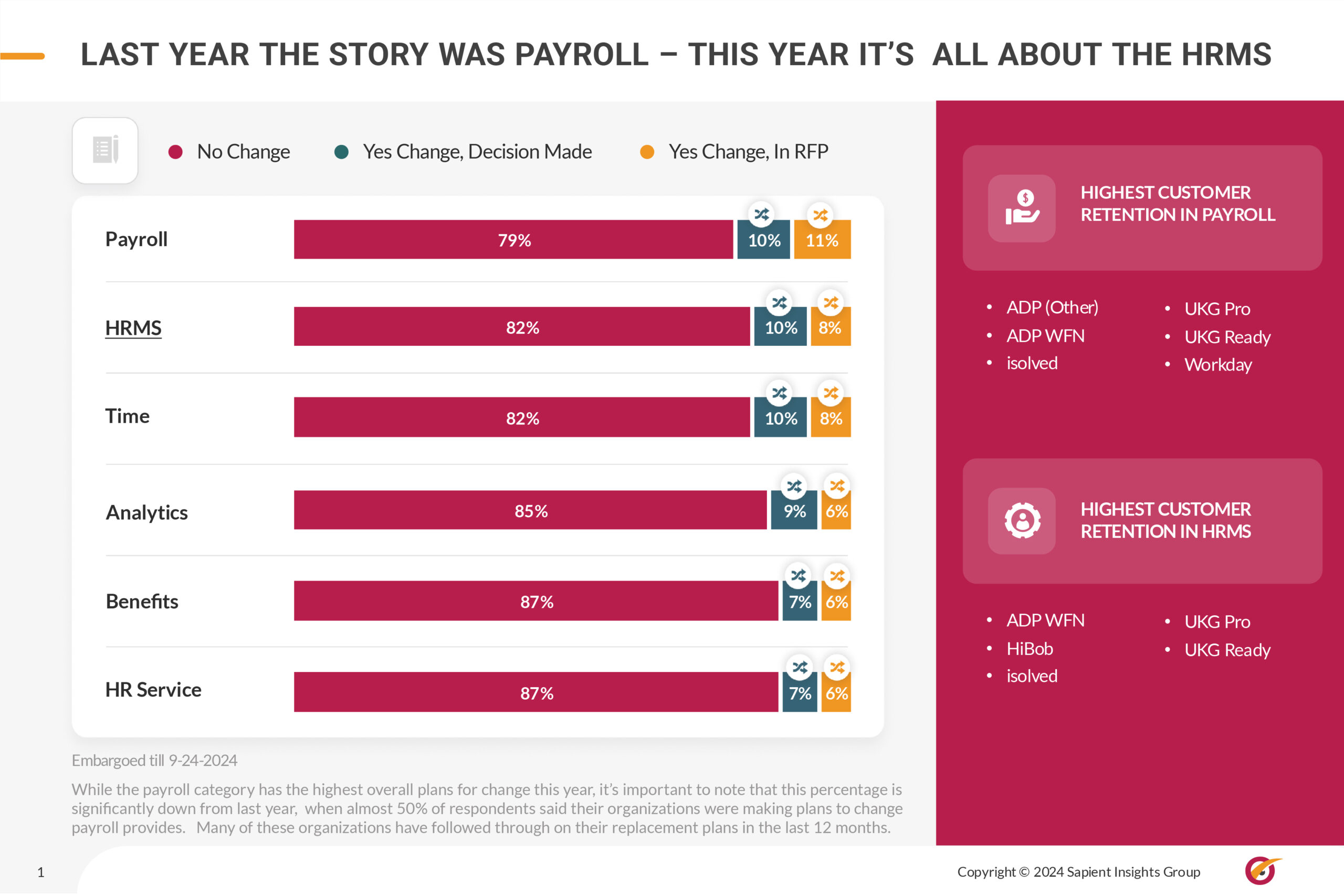Why all employees should co-lead your change strategy
- HRM Asia Newsroom

Coming from a single-parent family with a low income, I tried many entry-level jobs in various industries such as retail and hospitality. However, it was not until my twenties that I decided it was time to find a good career path and stick with it. So, I did a one-year course in IT and the rest is history.
In my first role at a small software company, I started as the seventh software engineer. Fast forward eight years and we became the global leader in our software category with over 500 people in the team.
Let’s talk about signals.
After many rewarding years, three tech companies, and becoming a leader in tech, I began to consider what signal I was sending to people. Not as a leader representing an organisation, rather as myself – a human being. Have you considered what signals you want to be sending?
Becoming a mother and a leader at the same time has deeply affected who I am. And my career as a woman in a male dominated workforce has meant my experiences of others’ signals and actions were not always what I would have hoped for. In fact, they were more often than not something I experienced as negative. Something being done to me – not with me, nor for me. In this environment I struggled, and it affected every part of my life.
So, coming back to signals. My signal is simple: It’s love.
I want people to feel loved. My signal is the same in all parts of my life. Both my personal and professional one. In the professional context, this is an unusual signal to transmit. And in that context what I mean is that I want to foster an environment in which people feel loved.

“Organisations in 2022 are more focused on performance, performance management, performance reviews, performance KPIs, than ever before. They all desire high performing teams. Within that environment the truth is most people do not perform.” – Ruby Kolesky, Co-CEO, Joyous.
Organisations in 2022 are more focused on performance, performance management, performance reviews, performance KPIs, than ever before. They all desire high performing teams. Within that environment the truth is most people do not perform.
What will make people perform is feeling loved. And love is an aspirational term but that is exactly what we should be. Aspirational.
Next let’s consider how to bridge the gap between signals and action.
Love is not something you will find in many organisations today. Instead, judgement awaits us in almost every interaction. We have come to expect continuous critical feedback on every mistake we make, with little concern or empathy for the underlying causes. No wonder people live in constant fear of losing their jobs.
So, how do you go from being yet another thing that happens to people, to helping make things happen with people in a way that makes them feel loved?
In my keynote address at the Women in HR Tech Summit during HR Tech Festival Asia 2022, I will share five practical things you can do, and how I went about doing them in our organisation. I will share examples and stories about how these things made people feel, and how working this way has created the highest performing team I have ever been a part of.
About the author: Ruby Kolesky is a mother of two young kids, and Co-CEO of Joyous – a Kiwi tech company striving to make people’s lives better at work. Join her at HR Tech Festival Asia 2022, where she will be presenting a keynote session titled, Why All Employees Should Co-Lead Your Change Strategy, on Wednesday, May 11, from 10.15am-11am (SGT).






